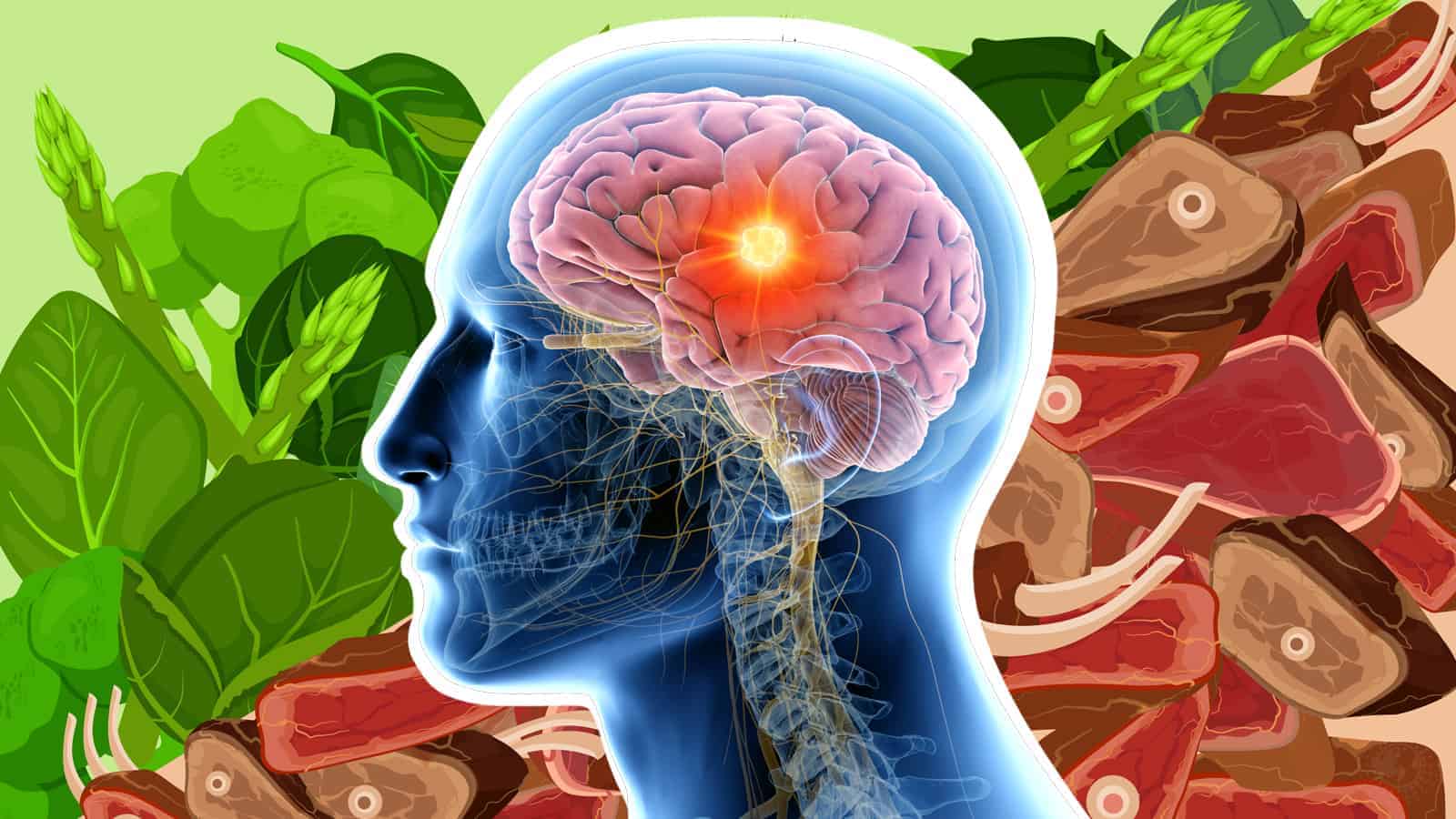Doctors long surmised that patients who consume plant foods primarily were healthier than those who ate meat. While this was anecdotal in nature, recent research now confirms it.
In a study published in October of 2020 by The BMJ, researchers found that people who substituted red meat for plant-based foods had better heart health. In particular, they discovered that eating foods such as beans, nuts, or soy may reduce coronary heart disease (CHD). Furthermore, swapping whole grains and dairy foods for total red meat, and eggs for processed red meat may also reduce the risk.
Previous studies have found that eating large quantities of red meat, mainly processed red meat, is associated with early death and chronic disease. In particular, processed meats such as bacon, hot dogs, sausages, and salami may lead to the development of diseases such as CHD.
In prior studies that show inconsistent results, they often failed to compare red meat with other similar protein sources. To avoid these problems in the current study, the US research team analyzed total, processed and unprocessed red meat. They then studied how various meats impacted CHD risk and estimated the effects of swapping other proteins for red meat.
Researchers based their findings on data from 43,272 men with an average age of 53 from the Health Professionals Follow-Up Study. They had no cardiovascular disease or cancer when they signed up for the study. All participants filled out a comprehensive diet questionnaire from 1986 and every four years afterward up to 2016. The questionnaires provided detailed information on their medical history and personal lifestyles.
The researchers also pulled their medical records to observe fatal and non-fatal CHD instances over the 30-year study period. Over the years, scientists recorded 4,456 CHD events, 1,860 fatal.
Key findings from the study on eating meat versus plant foods
 After taking into account other CHD risk factors, researchers discovered that:
After taking into account other CHD risk factors, researchers discovered that:
- every serving of total red meat per day led to a modest (12%) higher risk of CHD;
- every serving of unprocessed red meat had an 11% higher risk;
- processed red meat led to a 15% higher risk of developing CHD
However, consuming one serving of plant proteins such as nuts, legumes, or soy daily resulted in a 14% lower CHD risk. The risk decreased even more among men over 65 to 18%, compared to eating processed meat (17%).
They also found that swapping whole grains and dairy such as milk, cheese, and yogurt for total red meat led to lower CHD risk. Finally, subbing eggs for processed red meat lowered the chances of developing heart disease. Researchers noticed the strongest association in younger men, who had a 20% lower CHD risk when subbing red meat with egg.
They didn’t observe any CHD risk when replacing red meat with total fish. However, they believe cooking methods such as deep-frying may explain this, and the fact that processed fish products were still included.
Benefits of a Plant-Based Diet
Are you considering ditching red meat and switching to a plant-based diet? Here are a few rewards that you might reap.
1 – You’ll have more energy and a clearer mind!
Many people on a plant-based diet find themselves eating fewer calories than their omnivore counterparts. Plus, many vegans and vegetarians eat many fruits and veggies, which increases their vitamin and mineral intake. In fact, a 620-person study published in the American Journal of Cardiology found that vegans ate foods lower in fat and sugar. Because of this, vegans had higher energy levels as well as lower stress and anxiety.
Vegans even outperformed the vegetarian group. However, both groups came out well ahead of the meat-eating group.
2 – You’ll have a lower risk of many types of disease.
Because vegans and vegetarians tend to eat a lot of whole foods, this helps prevent disease in the long-term. Scientists believe that vegans’ consumption of phytonutrients may safeguard them from developing cancer, diabetes, or heart disease. Phytonutrients protect plants from things like bacteria, bugs, fungi, and toxins, so they have many benefits for humans!
In a study published in Nutrients, researchers found that vegans may also have a lower risk of hypertension, obesity, and mental disorders.
Foods with high levels of phytonutrients include the following:
- carrots
- citrus
- berries
- tomatoes
- sweet potatoes
- bok choy
- broccoli
- kale
- garlic
- onions
- romaine lettuce
- spinach
3 – You’ll have stronger bones.
After reviewing many different sources, Swiss scientists found that vegans may have healthier bones than non-vegans. Researchers believe that vegans’ higher consumption of fruits and vegetables may explain these results. Most fruits and vegetables have low acid levels, which helps stabilize bone mineral levels.
4 – You may have lower blood sugar and improved kidney function
Overall, vegans have lower blood sugar levels, higher insulin sensitivity, and a 50–78% lower risk of developing type 2 diabetes. In one study, 43% of participants reduced their blood sugar medication dosage when following a vegan diet. This compares to only 26% in the group following an ADA-recommended diet. Other studies show that people with diabetes who substitute meat for plant protein may have improved kidney function.
 Final thoughts about the new study proving how plant foods improve heart health
Final thoughts about the new study proving how plant foods improve heart health
Because this was an observational study, the researchers can’t say what caused the improvements in heart health. When adjusting for personal and lifestyle factors, they can’t rule out the possibility that other unmeasured factors may have affected results. The study also included primarily white health professionals, so these findings may not apply to other ethnicities or groups. However, because of the study’s size and duration, the findings show great promise and credibility.
The study shows that higher consumption of total, unprocessed, and processed red meat led to a higher CHD risk. This is after accounting for other dietary and non-dietary cardiovascular disease risk factors. Eating more whole grains, dairy, and eggs instead of processed meats also lowered CHD risk.
“These findings are consistent with the effects of these foods on low-density lipoprotein cholesterol levels and support a health benefit of limiting red meat consumption and replacement with plant protein sources,” the team explained.
They added that eating more plant-based foods instead of red meats would positively impact the environment.


















